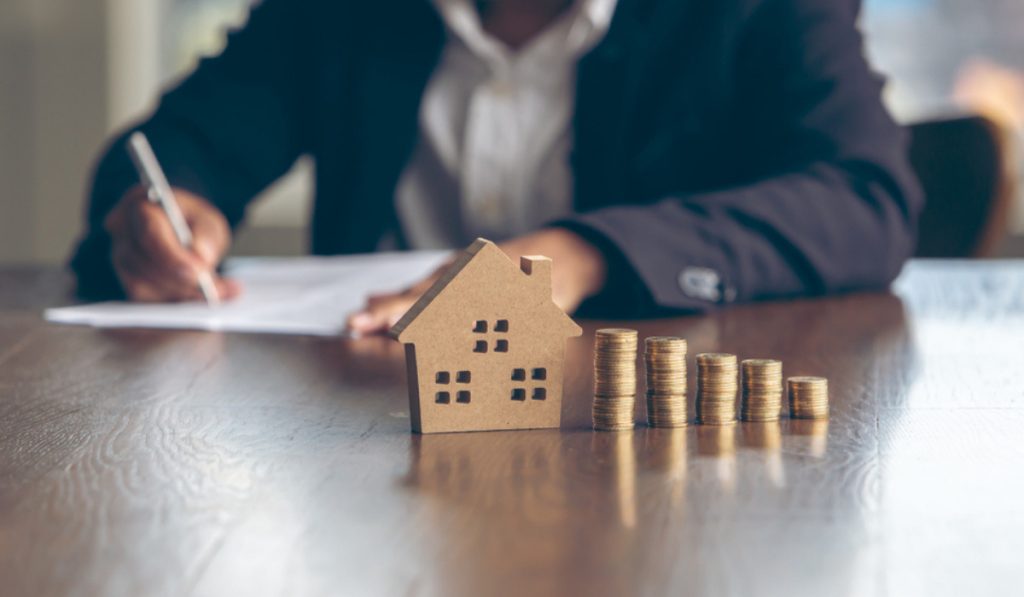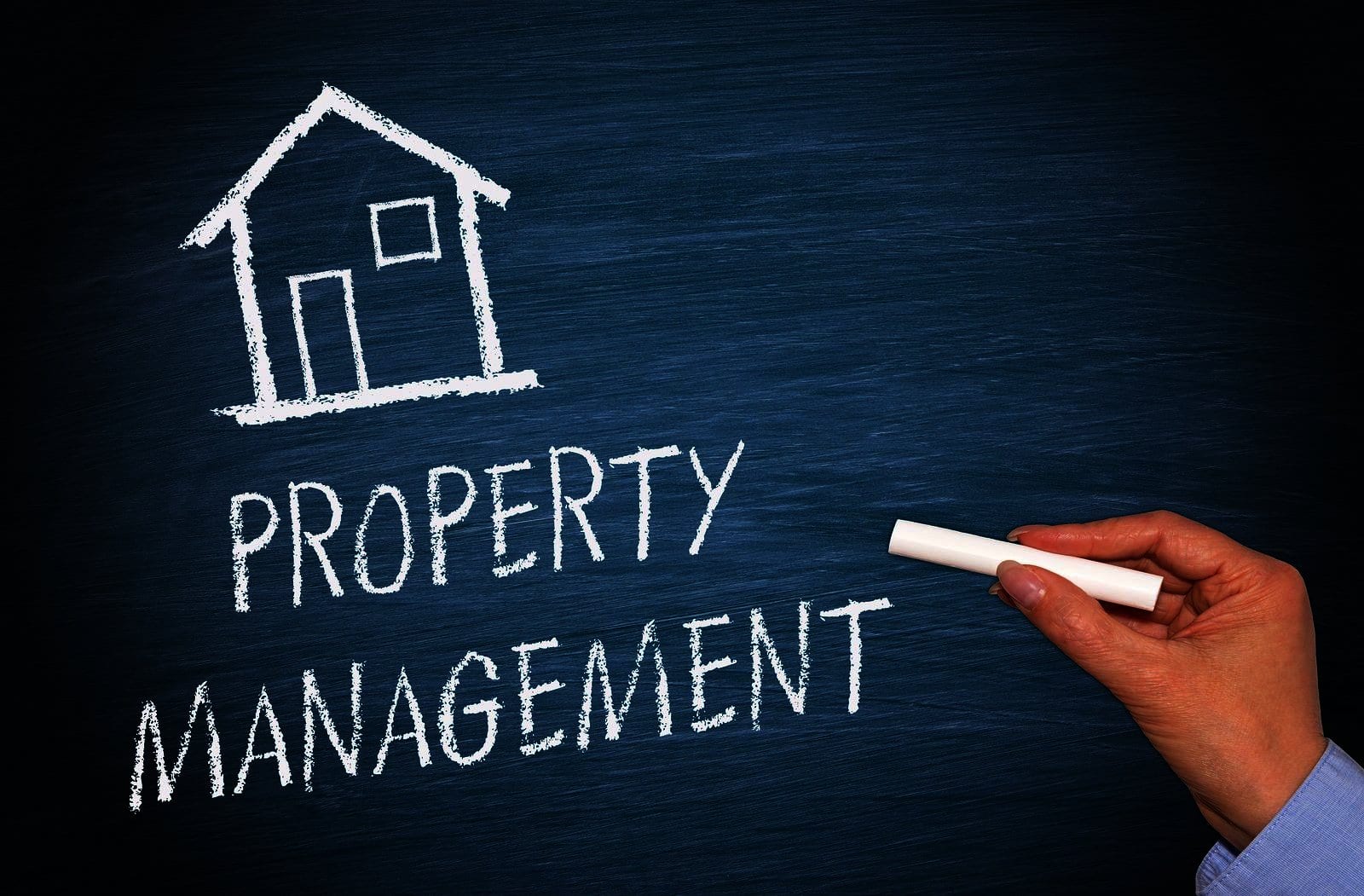Regular inspection and maintenance of a residential property are essential to ensure the longevity, safety, and comfort of your home. Neglecting these tasks can lead to costly repairs, decreased property value, and potential safety hazards. Here are some key considerations for effective residential property inspection and maintenance:
Roof Inspection: Begin with the roof, as it plays a crucial role in protecting your home. Regularly inspect for loose or damaged shingles, leaks, and signs of wear and tear. Promptly address any issues to prevent water damage.
Gutter Cleaning: Clean and inspect gutters and downspouts at least twice a year. Clogged gutters can lead to water damage, foundation issues, and even mold growth. Ensure proper drainage away from the house.
HVAC Systems: Service your heating, ventilation, and air conditioning HVAC systems annually. Regular maintenance ensures efficient operation and extends the system’s lifespan. Clean or replace filters regularly to maintain indoor air quality.
Plumbing: Check for leaks and drips in faucets, pipes, and toilets. Repair any issues promptly to prevent water damage and conserve water. Regularly flush your water heater to remove sediment and improve its efficiency.
Electrical Systems: Inspect your home’s electrical systems, including outlets, switches, and circuit breakers. Look for signs of wear or damage and address them immediately. Consider upgrading to more energy-efficient lighting and appliances.

Exterior Maintenance: Regularly check the condition of your home’s siding, paint, and trim. Repair any damage and repaint as needed to protect against weathering and decay.
Foundation Inspection: Inspect the foundation for cracks, settling, or moisture issues. Any foundation problems should be addressed promptly to prevent structural damage.
Landscaping: Maintain your yard by trimming trees and bushes away from the house. Proper landscaping can prevent damage from fallen branches and improve the curb appeal of your property.
Pest Control: Regularly inspect for signs of pests such as termites, rodents, and insects. Consider hiring a professional pest control service for preventive measures.
Safety Checks: Ensure that smoke detectors, carbon monoxide detectors, and fire extinguishers are in working order. Check the safety of stairs, handrails, and walkways to prevent accidents.
Appliance Maintenance: Service and clean appliances like your refrigerator, stove, dishwasher, and washing machine. This not only ensures their longevity but also reduces energy consumption and visit website.
Regular Cleaning: Regularly clean your home, including floors, windows, and carpets. This helps maintain a healthy living environment and prevents the buildup of dirt and grime.
Insulation and Ventilation: Inspect insulation in your home’s walls, attic, and crawl spaces. Proper insulation and ventilation can improve energy efficiency and comfort.
Security System: If you have a security system, ensure it is in working order and that all access points are secure.
Documentation: Keep records of all maintenance and inspections. This documentation can be invaluable for future reference or when selling your property.
Effective inspection and maintenance not only preserve your property’s value but also enhance your overall quality of life. it is advisable to create a maintenance schedule and budget for these tasks to ensure your residential property remains a safe, comfortable, and enjoyable place to call home.







 The main wiring and plumbing related have still left from the wall surface place, expecting the gadgets which might be added later on in the type. Safety factors are released inside the dividers and roof. Inside a little while, inside dividers are shown in and created by releasing stability, as well as other inside completing task starts. The dividers must be conducted shifting just before outdoor patio, floor addresses, and internally toned might be incorporated. Each and every headway joins another examination dealt with energy, to make sure the develop matches location for development. Foundations like home sinks, bath rooms, lighting, retailers, along with other basic solaces are included. Currently, beast products will likely be typical and it likewise is completed case will. Cooperating with new home builders offers the consumer an interesting an front door to present the location in the fantasies into this steady reality.
The main wiring and plumbing related have still left from the wall surface place, expecting the gadgets which might be added later on in the type. Safety factors are released inside the dividers and roof. Inside a little while, inside dividers are shown in and created by releasing stability, as well as other inside completing task starts. The dividers must be conducted shifting just before outdoor patio, floor addresses, and internally toned might be incorporated. Each and every headway joins another examination dealt with energy, to make sure the develop matches location for development. Foundations like home sinks, bath rooms, lighting, retailers, along with other basic solaces are included. Currently, beast products will likely be typical and it likewise is completed case will. Cooperating with new home builders offers the consumer an interesting an front door to present the location in the fantasies into this steady reality.